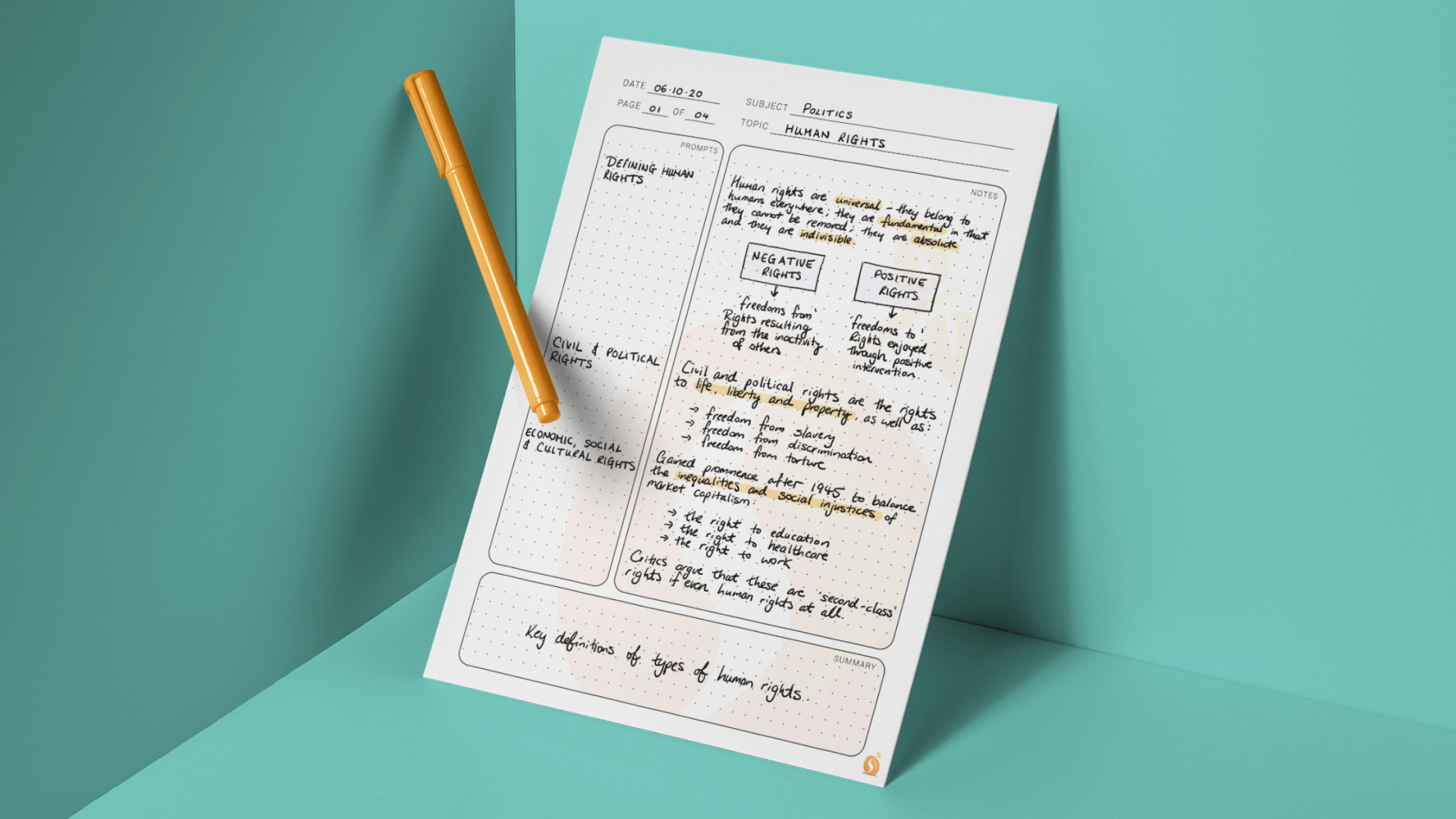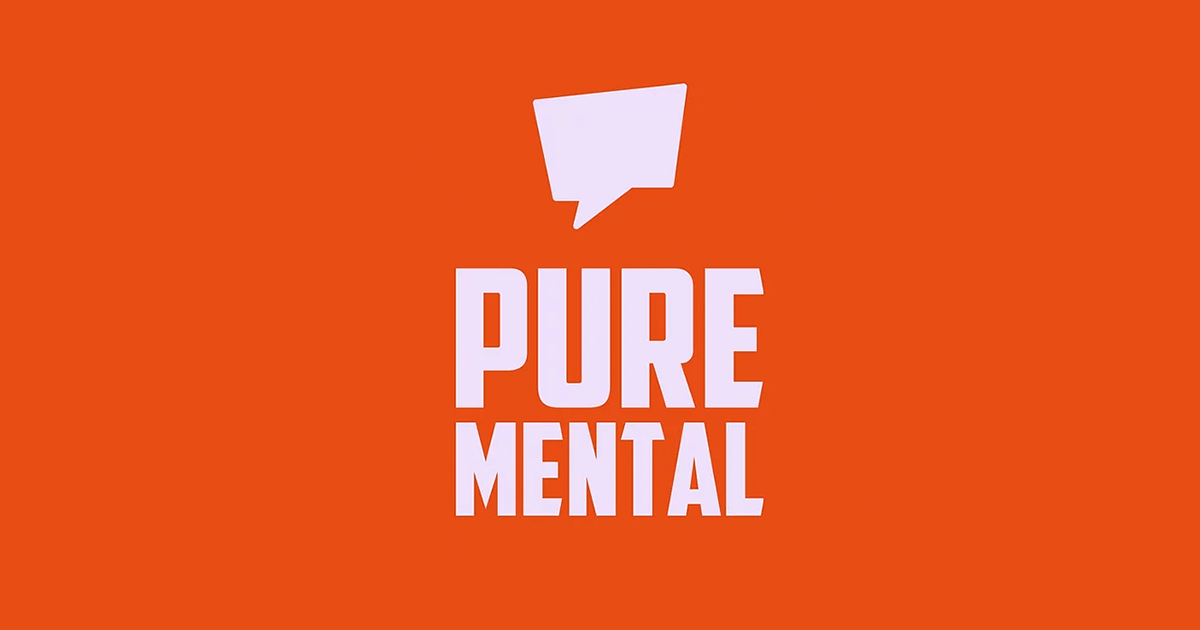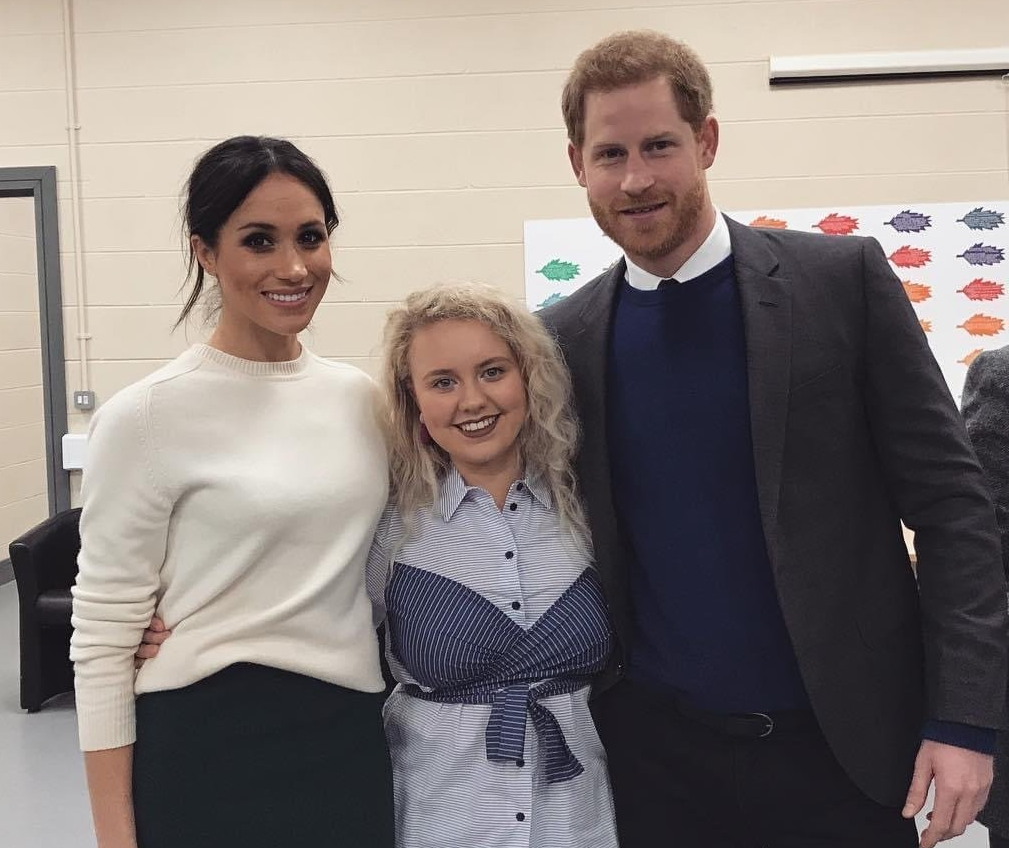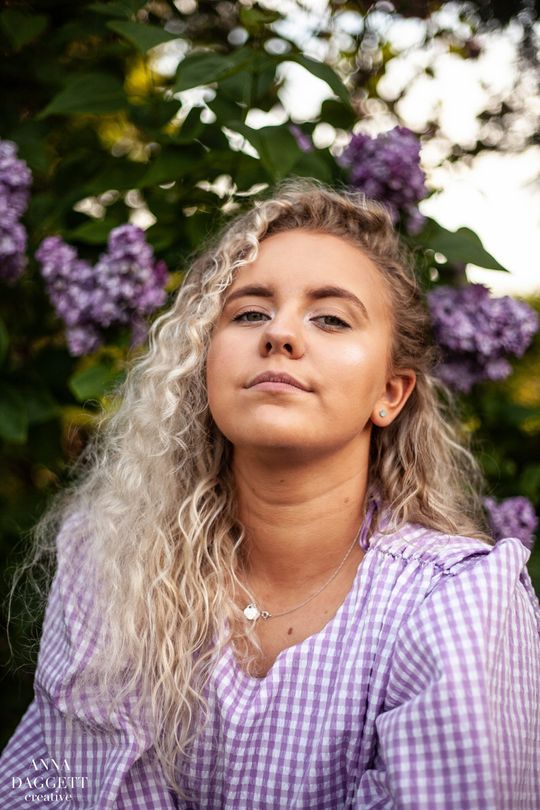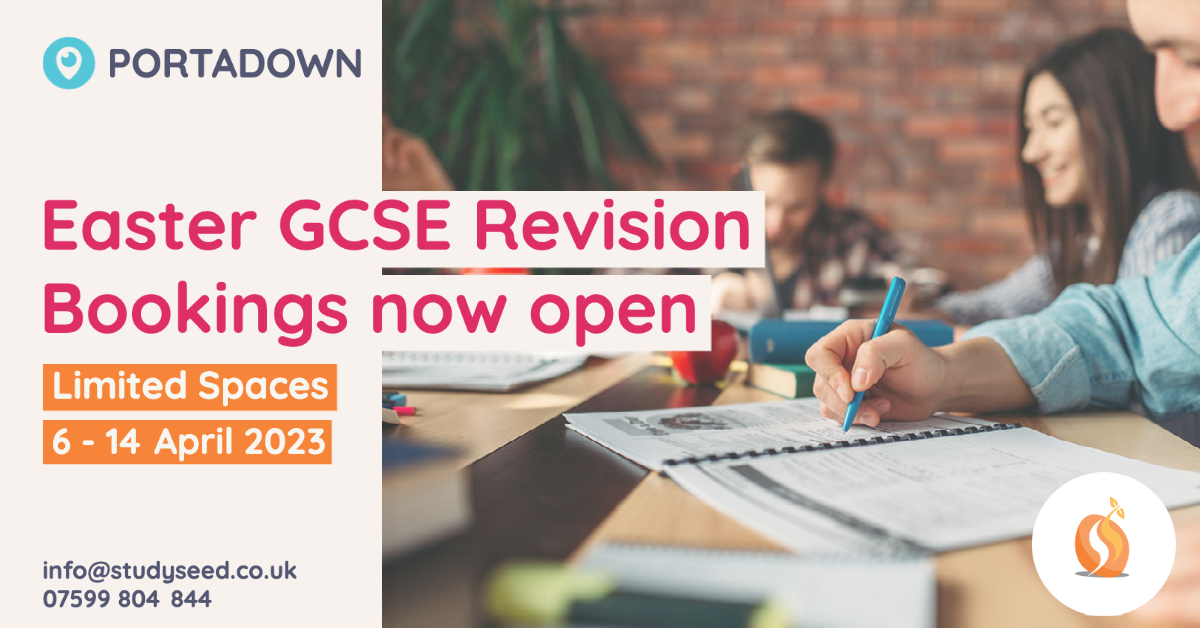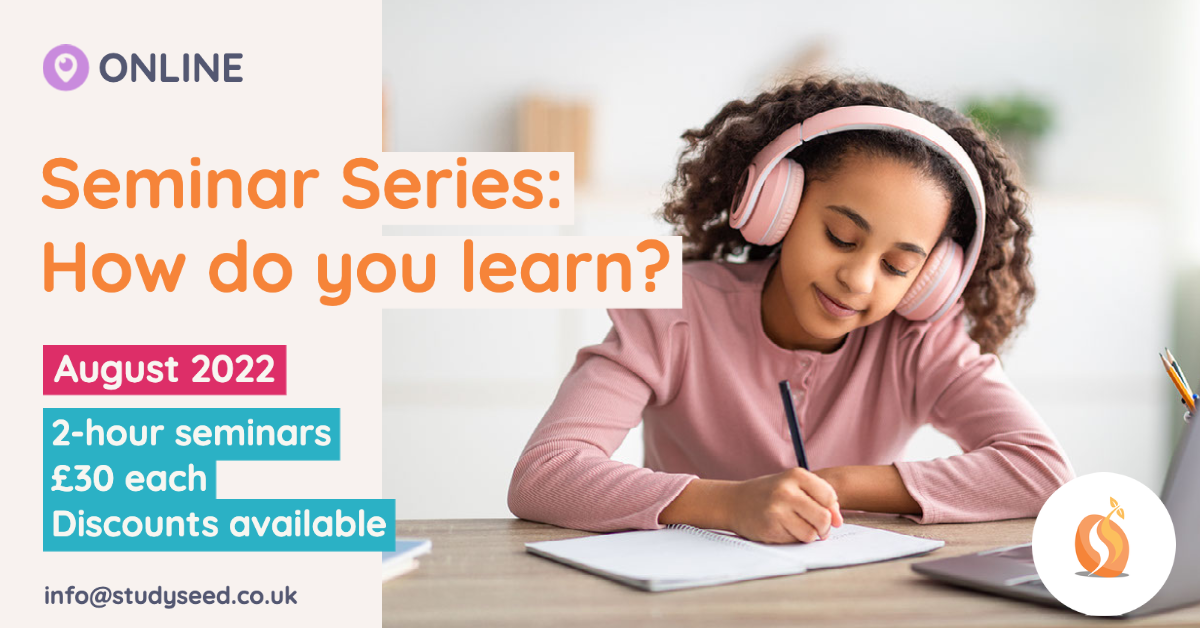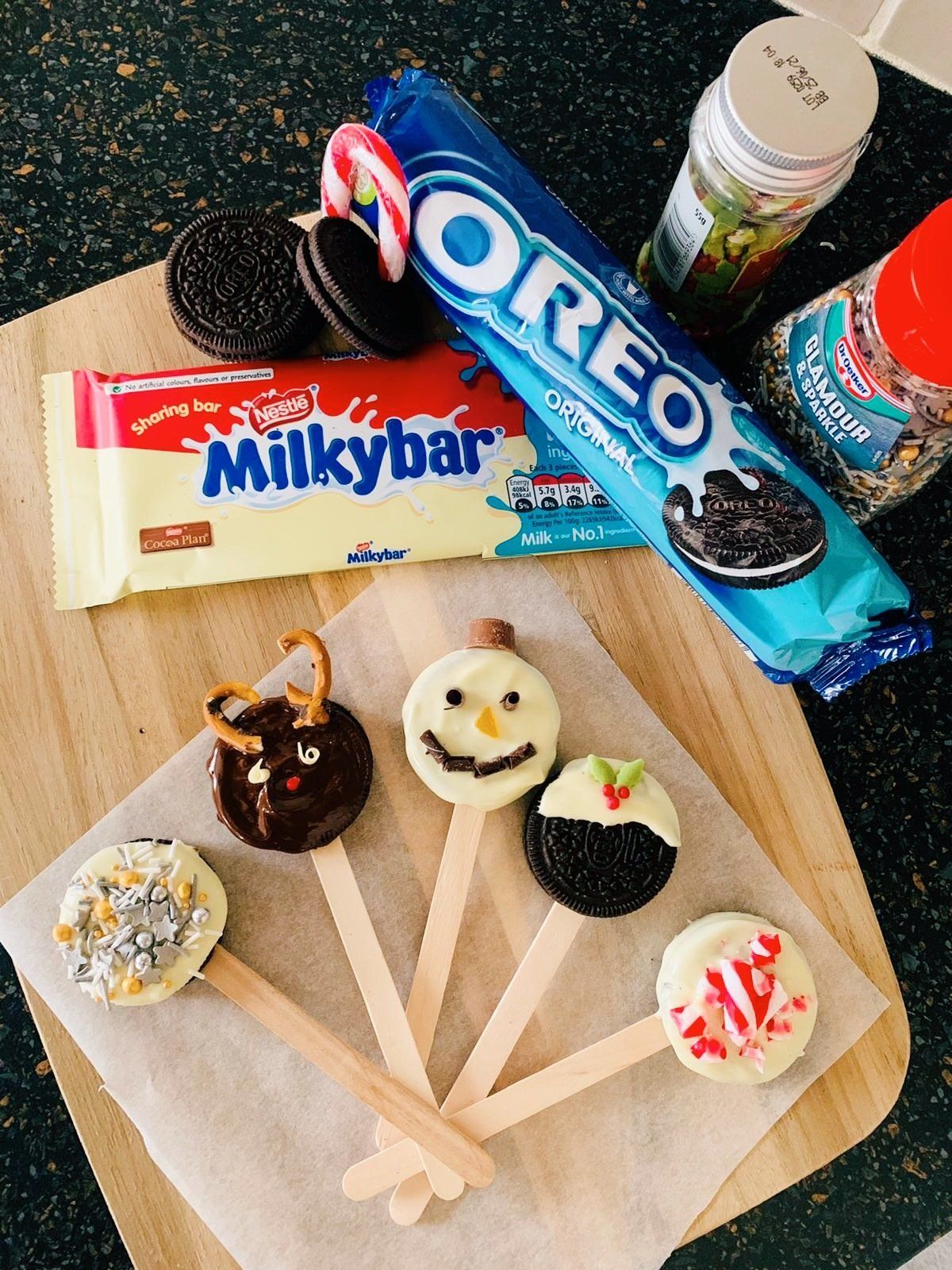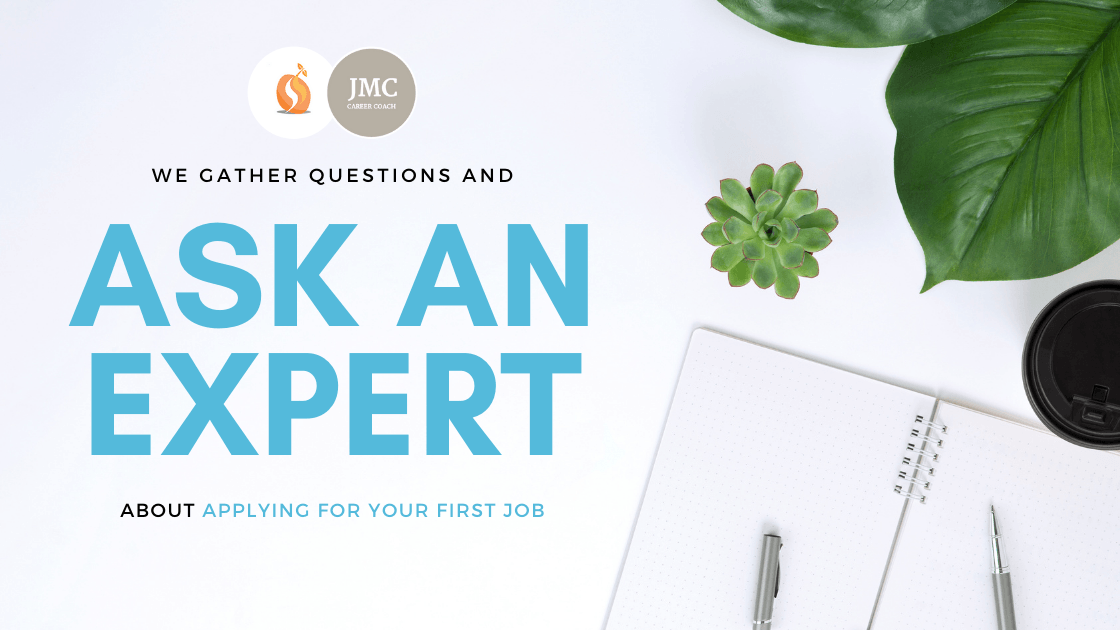A Conversation with Singer/Songwriter Emma Horan
We sit down with music artist and former student Emma Horan to talk about how she balanced her education with her music career, her unconventional pathway into university and the advice she would give to teenagers who are trying to figure out what they want to do in the future.
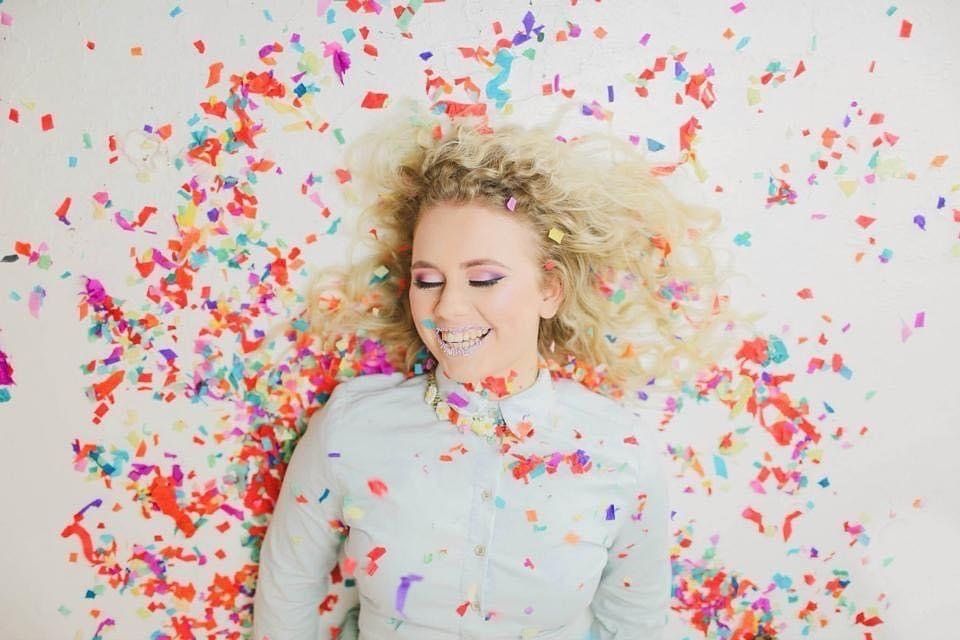
We first met Emma when she was 13-years-old. At the time, she was a third-year student at Lurgan Junior High School; bubbly, hard-working and busy preparing her college entrance exams.
That was also the year when Emma first went viral online. Having had her first stage performance at the age of 4, Emma had long been used to singing in front of audiences. At thirteen, she began to record videos of herself covering different mash-ups of popular songs. These videos would go on to receive millions of views on Facebook and YouTube.
It was a fascinating dynamic for us to observe from the perspective of tutor and mentor. While our weekly sessions with Emma would be like any other - sitting around a kitchen table with coffee, catching up on the week’s events with calculators and notes on algebraic fractions spread out around us - we could see that she was also busy preparing for media appearances, dealing with thousands of online fans and, of course, creating new music videos to publish online.
As the years passed and Emma went on to study for her GCSEs and A-Levels, we could see the pressure that she faced in balancing her music career with her education. By the time she had reached her A-Levels, Emma was acting alongside James Nesbitt in ITV drama, The Secret, as well as flying out to Amsterdam to record with Trance Label, Raz Nitzan Music.
It was always clear that Emma never had any desire to follow a traditional pathway into university; indeed, the entire time that we worked together, Emma was adamant that she wouldn’t go to university as it didn’t align with her music aspirations. And yet, at the age of just 20, Emma would find herself living in London and undertaking a Master’s degree in Commercial Songwriting.
Now, aged 22-years-old, Emma’s music career has continued to flourish. She released two singles this summer - ‘Feeling’ and ‘Over You’ - and has spent almost all of her time this year writing and recording music in the studio.
With her degree completed, it felt like a good time to sit down with Emma and reflect on how she found her time in education. Too often, we see teenagers struggling under the expectations placed on them from others to follow a particular career path when it doesn’t coincide with their interests and passions. If anyone could provide some guidance to our young people on finding that balance, we knew it would be Emma.
And so, a decade after we’d first sat down to it, we found ourselves seated again around that same kitchen table. This time, however, Emma would be the one giving us the advice.
I would say I found school very difficult. I loved the teachers but I just genuinely didn’t want to be there because I wanted to be in the studio every day.
Emma has that very rare, delightful quality of being extremely impressive when listing off her proudest achievements, while managing to sound equally as humble when doing so. She tells us about how, since she finished school, she has met and performed for Prince Harry and Meghan, that she has gained over one million streams on Spotify and reached No. 3 on the iTunes singer/ songwriter charts with her cover of Mumford and Son’s ‘Little Lion Man’, that she has worked on three new singles this year, that she graduated with an MA last December and about her numerous trips to record for the Amsterdam trance music industry. We sit for a moment in awe at how much she has achieved since her A-levels. “Yes...” she muses, “It’s nice, actually, to look back on it and think, jeepers, look at how much I’ve done.”
We reflect on how she must have found it a hard balance to strike when still in full-time education; how did she find the time to build her music career when trying to navigate coursework, homework and exams in school? “I looked forward to summer holidays because I was able to focus on my music. I remember one summer, I was travelling on the train every day to Coleraine, just to go to the music studio. I could do loads and then, when it did come to the school year, I was able to step back a bit - but I was still able to go for auditions and write music.” She tells us about study periods during her A-levels that were spent in the library and how she would rush to get her school work completed so that she could spend the rest of the time planning music videos and songwriting.
Music wasn’t an add-on to Emma’s education but, rather, her sole passion and priority. Even when important exams rolled around, she didn’t struggle to find time for her singing - instead, it served to help her cope with her exam stress. “The music was my getaway. Like, it was what helped me get away from worrying about exams and stuff. But, at the same time, I was that laid back - I didn’t really care about exams.” She stops abruptly at this point. “That’s awful, actually. I don’t know if I should say that. I worked... but, I wouldn’t say I worked my hardest. All I wanted to do was pass so that if I ever wanted to do something, I could do it. I never wanted A stars and As. It was just a means to an end and I didn’t put my hardest work into it because I was putting my hardest work into music and what I wanted to do.”
That was something that we remembered well from our time working with Emma. Even at the age of fourteen, she had always made it clear that she only intended to work towards her GCSEs and A-levels in order to keep her future opportunities open, but that her aim was not to try to reach the highest grades if that meant spending less time on her music. She thinks for a moment when we ask her if that had been a conscious decision on her behalf to put her school work second to her music. “Yes,” she ponders, “I’d say I did sacrifice school a bit but, like, with your help I was able to get by - and that’s what I wanted.”
Despite this, Emma doesn’t believe that it was a necessary decision for her to make at the time and believes that she could have prioritised her schoolwork more while still developing her music career. “I think if I had wanted to get higher grades, I would have been able to sacrifice a bit of music and still do well with it.” She pauses. “But I didn’t want to do that.” And it was clear that she didn’t want to do that - just one month before her A-level exams, Emma had started recording trance music in Amsterdam and was acting alongside James Nesbitt in an ITV series. “Anybody else, a month before their exams, would not be missing class intentionally - but I was getting out of school to travel and do music, you know?”
It must be easier now to look back on that time as a teenager and feel a sense of relief that the right choices had been made, but we wonder how clear those decisions had been for her at the time. Surely, as a student at an excellent grammar school, there was a lot of pressure to focus on pursuing higher education. We point out that those pressures can’t have been easy to navigate at that age and she agrees that it had been difficult to convince others around her that she was making the right decision for herself. “I remember in a careers class - it was when we had to apply for UCAS - I was the only one not doing UCAS. I didn’t want to go to university. I remember the teacher coming over to me and saying to me, ‘How are you going to make money?’ I told him I was already making money from my singing and acting and that, once I finished school, I’d be able to focus and put all my time and energy into my work. But he just couldn’t see that.”
Emma felt that she was often fighting back against the advice of others to place more focus on her schoolwork than her music. “They would have been, you know, ‘School, school, school.’ A lot of teachers were like, ‘Well, this is fun but, come on, Emma. What are you going to do?’ Everyone was telling me to go down to Stranmillis to see if I would be interested in being a teacher, or to Jordanstown to see if I wanted to be a social worker. Well, I went down to the open days.’ She laughs. ‘But it was only to get a day out of school.’
It’s clear that Emma responded better to education when it enabled her to pursue her musical interests instead of impeding upon them. She reflects on the teachers who recognised her passion for singing and helped her to explore it. One teacher in particular, Mrs Moorehead at Lurgan Junior High School, left a strong impression on Emma by encouraging her to pursue her creative interests. “I loved her so much. It makes such a difference just having a teacher that you get on with. You were able to express yourself with music in Lurgan Junior High School. They let me be creative.” Emma found that her time at the Junior High was conducive for her musical interests because the lack of exam pressure meant that the school setting enabled her to explore her creative interests without worrying about grades.
At fourteen, Emma went on to study at Lurgan College. She also enjoyed her time there and speaks fondly of taking part in House Music competitions - but notes that she struggled to focus on the subject content once she reached her A-levels. “I would say I was so close to dropping out after GCSEs. So close - just with not enjoying learning science and stuff like that. I just wanted to do music.” She reflects for a moment. “I would say I found school very difficult. I loved the teachers but I just genuinely didn’t want to be there because I wanted to be in the studio every day. I could go to the studio at the weekend but then you had so much homework, it was a lot of pressure.”
On top of that balance between her music and school life, Emma also had to factor in the pressures that every teenager faces in approaching adulthood and finding their identity. “School is not easy. It’s really hard - not even just from school, but from your social life and just growing up and finding out who you are. It is hard.” This must have been further compounded for Emma when she had such a large online presence and regularly appeared on the media even as a young teenager. We ask her about how that impacted upon her interactions with peers at the time and if it all ever became too overwhelming for her to deal with. “I had a lot of hate - probably more online. I actually remember someone coming up to me and being like, ‘Do you know, before I met you I thought you were really stuck up.’ I remember thinking, why? You didn’t even know me. I would have had a lot of stuff like that. At the time, it was awful.”
That wasn’t enough to deter Emma from continuing to work on new videos each day after school. Even at that age, she was determined not to let any negative comments get to her and was well supported by her friends and peers. In that respect, she reflects on how Lurgan College provided her with a safe and close-knit school community to draw support from. “I don’t think I looked at it as stress, even with messages like that, because most of the messages were nice. I just couldn’t wait to get home from school and do more stuff online. I think I was that laid back that I didn’t care what anybody thought - I just knew it was what I wanted to do. None of my friends treated me differently either, they just all supported me.”
Did I follow a traditional pathway into university? Definitely not! I never did UCAS. I was the only one who put my hand up to say I didn’t want to go to university.
The importance of a strong support network was something that Emma needed in order to navigate those school and social pressures as a teenager while establishing her music career. She tells us that her parents had first asked us to tutor her because she needed extra help with maths, but that over the years she found that she drew upon us more as a support for her overall approach to studying. “I remember with you, it wasn’t just about getting help with maths but you showed me how to actually revise, like, with revision techniques that I didn’t know about, and it was even things like just having someone to talk to about school and stuff - like a mentor.”
We muse for a while over the role of a tutor as mentor and the difference that can make for a student’s approach to their education. Our own experience of tuition at school involved A-level English tuition from Gareth Russell, the author, playwright and historian from Co. Down, who managed to cultivate in us a sheer love for English poetry that replaced all resentment that we held towards the works of Chaucer at the time. Even after years had passed, he was quick to give us support when asked for guidance during a PhD thesis. Similarly, Emma was able to ask us for guidance when putting together her application for University, long after our weekly sessions had ended - and now, we too can draw upon her for advice. “It’s like having someone on your side. Just, someone who knows where you’re coming from and someone to talk to when things are really pressurising.”
We were certainly surprised when Emma had told us that she was going to London to study at University after how adamant she had always been that she had no interest in pursuing higher education. “Did I follow a traditional pathway into university? Definitely not!” She laughs. “I never did UCAS. I was the only one in Lurgan College who put my hand up to say I didn’t want to go to university.” And yet, she graduated at the age of just 21 with a Masters degree before many of her peers from school had completed their undergraduate courses.
It was during a weekend trip to London when Emma called into a music studio to have a look around. While there, by chance, she found out about a Masters degree that the studio recommended she apply for. “I said, ‘I can’t. I don’t have an undergraduate degree.’ But they told me that with 3-5 years of experience I could apply. It was all so quick - literally only a month later and I was moving over to London for university.” It must have been an exciting - and intimidating - time for Emma to suddenly find her plans for the year completely changed. We ask if she had ever envisioned herself at university before that happened and she reiterates how resolute she had been against returning to education. “It was never planned. Not at all. I didn’t want to go to university and I didn’t ever end up doing UCAS. I never did those forms. Never. Because I knew I didn’t want to go to university. It just so happened that it was meant to be that I did go - but I didn’t have to do all that stuff.”
Having seen how Emma had struggled to engage with her education during her A-levels, we wondered how she had managed, then, with her return to full-time education again at university. Had she enjoyed her time there? “I absolutely loved it - it was totally different to A-levels. Yes, I had to do essays and they weren’t fun, but 80% of it was practical. We had a writing camp, we got to go to Copenhagen for writing, we got to write for Sigala, I got to hang out with Ella Eyre, it was just unbelievable.” She reflects on how, even though she hadn’t intended to go to university, it turned out to be a significant benefit for her music career. “I came home doing far better in my music. It took me to have London to do that.”
We wonder, now that Emma has completed her degree, what advice she would give to herself at sixteen-years-old, knowing now what she didn’t know then. “I would give myself more assurance. Like, don’t feel bad when other people tell you, ‘You need to stop doing music right now, you’ve got exams.’ I’m glad that I was able to balance it out as best as I could because the stuff that I was doing outside of school was just as important as the stuff in school. I would give myself the assurance that I was doing a good thing.” We discuss how, for a teenager, it can seem like a bad decision to go against the advice of well-meaning adults who appear to know what’s best for a young person, given their lived experiences and age. She tells us that she doesn’t regret not following their advice to spend less time on music and more time studying. “I think generations change, you know? You don’t always need to go to university to do something. Yes, mine fell into my lap - but if I hadn’t gone to university, I’d still be doing my music.”
We discuss the impact of the disruptions that students have faced this year and how many students have felt frustrated that they haven’t received grades that they’d hoped for. Emma is adamant that students shouldn’t feel like their lives have to be dictated by their GCSE and A-Level grades. “It’s not the be-all and end-all. It’s not. If there’s something that they’re really passionate about, there are ways around it other than directly getting into university. If they didn’t get the results they wanted, they can do different courses that can help them get to that - and could be better suited for them.”
She thinks for a moment, before telling us that she feels students are often pressured to go straight to university or into the workplace with a fear that taking time out could set them back. “Just take time out to figure out what you want to do. You’ll not be behind - that’s just not the case. You can study at any age. A lot of my friends went to university just for the sake of going to university and then found that they wanted to do something else, so they ended up dropping out and then had to start all over again. What’s the point of all that hassle and stress? Whatever’s meant to be will be for you.”
It’s clear that if Emma hadn’t pursued her interests in music as a teenager, she wouldn’t have felt confident in trusting her gut feeling in prioritising it. She points out that students should listen to their gut instinct more in order to discover what it is that they love doing. “Try different hobbies out. Find an interest that you really like and maybe see what way you could do it to make money. And think of things that you wouldn’t want to do as well, that’s just as important. Get as much experience as you can - ask around to see how you can get that experience in different roles. Even if it’s unpaid - try to get a part-time job and use your free time to figure out what you want to do.” She pauses. “Just don’t feel pressured to rush into something. Take time for yourself because if you’re not okay mentally... well, you can’t put your happiness in a job.”
Just take time out to figure out what you want to do. You’ll not be behind - that’s just not the case. You can study at any age.
So what does the future hold for Emma? We ask about her upcoming plans and she laughs, telling us that she doesn’t tend to think too far ahead. One of her main goals is to see her music on Sync - the platform where music is sourced for television, films, advertisements and games. “I’d love Sync opportunities - that’s a big goal for music. And I want to continue writing. I love writing for other artists and travelling for music. In March, I’m planning to go out to Nashville to record music - it’s all funded by Panarts Belfast Nashville and I was meant to go this year, but obviously with everything that’s happened it’s been postponed.” She pauses to reflect. “It’s good to be organised and have goals but I am very much one to go with the flow and just enjoy things - and with having that attitude, so many opportunities have come from it instead of me stressing about where I’m going to be in five years’ time.”
She stops again to think about the future. “I would never want to be famous.” Her comment surprises us. Surely, after spending the better part of a decade accumulating millions of streams, tens-of-thousands of online followers and numerous appearances on the media, she had aimed for fame as a natural by-product of her work? “No. I wouldn’t want that - because you wouldn’t have your own privacy and you wouldn’t control your own music. If I was to get a label, I’d want an independent label that would look after you. So, my goal isn’t fame. My goal is just to continue writing music and releasing it.” She laughs again. “Maybe fame in Northern Ireland isn’t a bad thing. I just want a comfortable and quiet life - but an exciting one too.”
Emma’s journey so far has certainly ticked the box for exciting and we look forward to seeing how her career will continue to shape and expand over the upcoming years. In her early twenties and with a wealth of experience already behind her, Emma has gained a calm, assured and positive outlook on life that will serve her well in navigating the path ahead. We are so excited to see what the future holds for Emma and her music.
Follow Emma Horan on:
Facebook: /emmahoranmusic
Instagram: @emmahoranmusic
Twitter: @emmahoran
Listen to Emma's latest singles:
Listen to Emma's latest feature on Amsterdam Trance Records:
The Highest High (iTunes and Spotify)
Share this Article:
Join our Facebook community:
